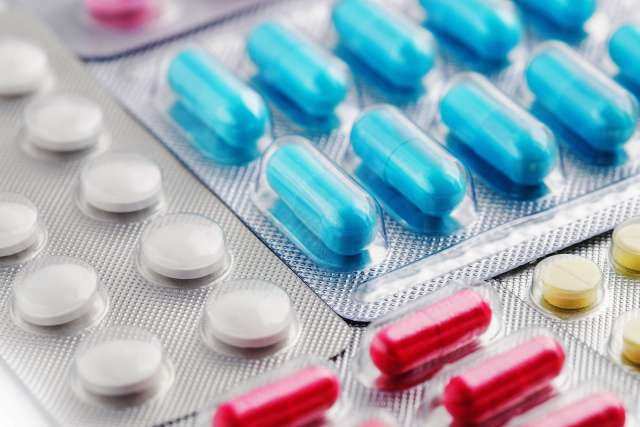Nearly half of American adults have high blood pressure, or hypertension. Often referred to as “the silent killer,” prolonged high blood pressure can lead to heart disease, stroke and kidney failure, yet it causes no symptoms until damage has already occurred. Both prescription and over the counter medications can contribute to or exacerbate the condition. Anne Arikian, MD, a UCLA family medicine physician in Marina del Rey, and Andrew Mathew, MD, a UCLA family medicine physician in Culver City, share information about some of the medications and other common substances that can affect blood pressure.
What widely used medications can affect blood pressure?
Dr. Mathew says the estrogen hormones in oral contraceptives are one example. Common stimulants used to treat attention-deficit/ hyperactivity disorder in both adults and children can also raise blood pressure. NSAIDs (nonsteroidal anti-inflammatory drugs) such as ibuprofen and naproxen (found in such brands as Motrin, Advil and Aleve) and prescription NSAIDs “won’t raise your blood pressure when taken just occasionally for pain or headache, but they can if you take them chronically on a daily or near-daily basis,” says Dr. Arikian. Antidepressants may raise blood pressure, particularly MAOIs (monoamine oxidase inhibitors) and tricyclic antidepressants.
Increased blood pressure can result from corticosteroids, such as prednisone, taken for rheumatological disease, autoimmune disease or asthma, the doctors say. In addition, over the counter decongestants such as pseudoephedrine and phenylephrine can raise blood pressure when taken regularly. Some antacids contain sodium, which also raises blood pressure. “It’s important to tell your doctor about all the medications you’re taking, including supplements and over the counter medicines,” Dr. Mathew says. “Your doctor may be able to suggest alternatives or eliminate ones that are unnecessary.”
What other common substances contribute to hypertension?
Some herbal supplements, including ma huang (ephedra, which is banned in the U.S.), ginseng, St. John’s wort, arnica and licorice increase blood pressure. Caffeine and a lc ohol c on su me d in high doses raise blood-pressure levels, as do energy drinks, which contain caffeine and stimulants. The biggest dietary contributor to high blood pressure is salt, which d raws f lu id into the blood vessels, expanding pressure. “I tell my patients to reduce their salt intake and increase the amount of potassium in their diet,” Dr. Arikian says. “The average adult should consume less than 2,000 mg of sodium daily.”
How often should blood pressure be checked, and what else can help control it?
Hypertension is generally defined as blood pressure higher than 130/80, and normal blood pressure should be lower than 120/80. “For the general population, we recommend having blood pressure evaluated about once a year at their annual physical,” Dr. Arikian says. “Those with an established diagnosis of hypertension or who have risk factors, including smoking, being overweight, a sedentary lifestyle or a family history of high blood pressure, should have it checked more frequently. Their primary care physician can advise them regarding how often.”
Before putting patients on medication for high blood pressure, physicians suggest lifestyle modifications. “Maintaining a healthy weight, following a low-sodium diet and exercising regularly can lower blood pressure pretty dramatically,” Dr. Mathew says. Adds Dr. Arikian, “I also advise stress reduction. Anything that helps patients beat their stress will help with blood pressure as well.”


